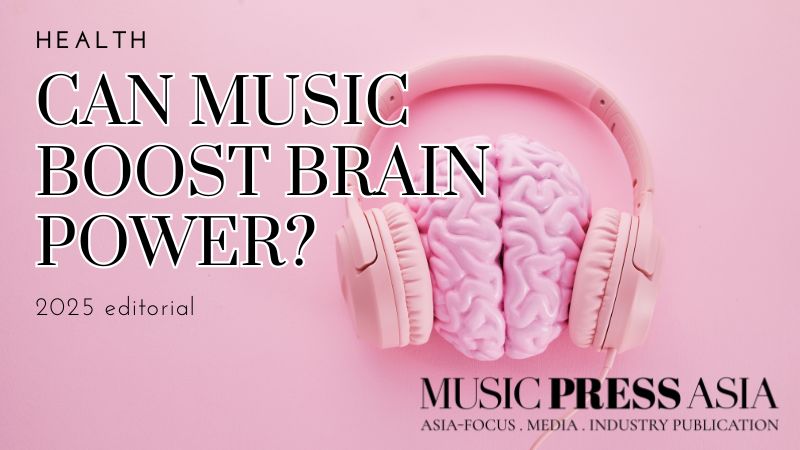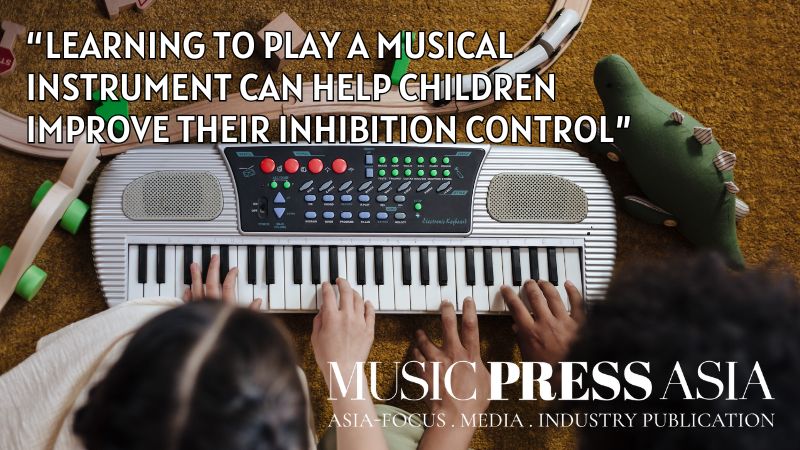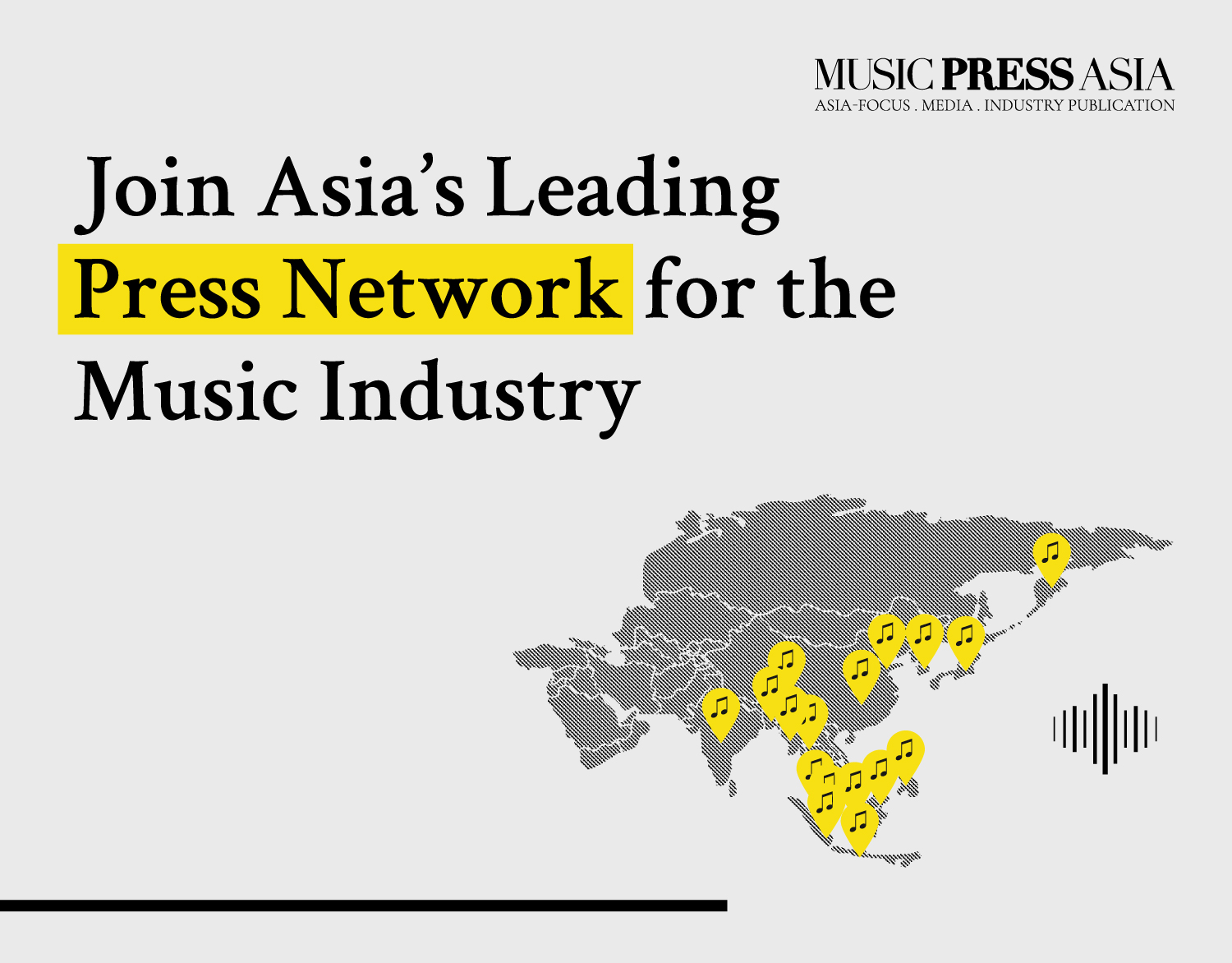Music Training Boosts Brain Power

In a recent video by US-certified physiatrist Dr Lewis Clarke, he explains why musical training can rewire the brain.
According to studies, music training creates more neural connections than any other known activity.
Clarke further explains that when we are learning an instrument, our brain forms up to 200,000 new synapses per second. Creating a symphony of neural activity, the process engages over forty distinct brain region simultaneously. And musicians have 15% more neural density in key brain regions.

Music Boosts Children Development
In another article published by Martin LaSalle, he quoted a new meta-analysis done at Université de Montréal. The research was published in the November issue of the journal Cognition in 2024, and suggests that learning to play a musical instrument can help children improve their inhibition control – meaning the ability to focus on a task and resist distractions and automatic or impulsive reactions.
Supervised by psychology professor Simone Dalla Bella, doctoral student Kevin Jamey reviewed 22 studies from nine countries published between 1980 and 2023 involving 1,734 children aged 3 to 11.
The findings are based on various music learning formats, including private and group lessons, and that one-on-one lessons have the strongest impact.
Dalla Bella and Kevin Jamey’s data indicated that a total of 300 minutes of music training is enough to see an improvement in inhibition control. Even a moderate amount of music practice can be beneficial.

“These findings exceed those of previous meta-analyses of the transfer effect of music training on executive function,” Dalla Bella said. “They also show greater effectiveness than other cognitive training methods such as video games.”
Studies show music training can improve memory by 40% and protect against cognitive decline. It’s one of the few activities proven to enhance both hemispheres of your brain simultaneously
So, what are you waiting for? Start with practicing on any instrument for just 15 minutes daily. Focus on learning new pieces rather than playing familiar ones. Even simple rhythm training using hand drums can trigger those benefits.
Music Heals
In another article published by the University of South Florida, researchers are finding that music can help boost cognition in patients undergoing chemotherapy.
In a partnership with Moffitt Cancer Center, Jennifer Bugos, USF professor of music education, and breast surgical oncologist Dr. Melissa Mallory, examine the effects of private and group piano lessons on cognition and everyday functioning in patients.

According to the American Cancer Society, patients undergoing chemotherapy may have difficult remembering things, focusing, finishing tasks or learning something new. And Bugos believes that music education can overcome cancer-related cognitive impairment.
While the sample size is just a start – 15 individuals – Bugos said that it’s helped launch new support from the National Endowment for the Arts, which just provided a two-year funding renewal for several of her studies conducted in the Coordination and Cognition Across the Lifespan in Music (CALM) lab, including another study specific to those who have been diagnosed with COVID-19.
Bugos found that playing the JSax – a smaller version of the saxophone – can not only improve the respiration of adults who’ve suffered breathing difficulties following COVID-19, but can also sharpen their minds.
Resource:
UdeMNouvelles – Music training boosts children’s cognitive development
Dr Lewis Clarke Instagram – Why musical training can rewire the brain
University of South Florida – How music can help boost cognition in cancer patients and COVID-19 survivors






